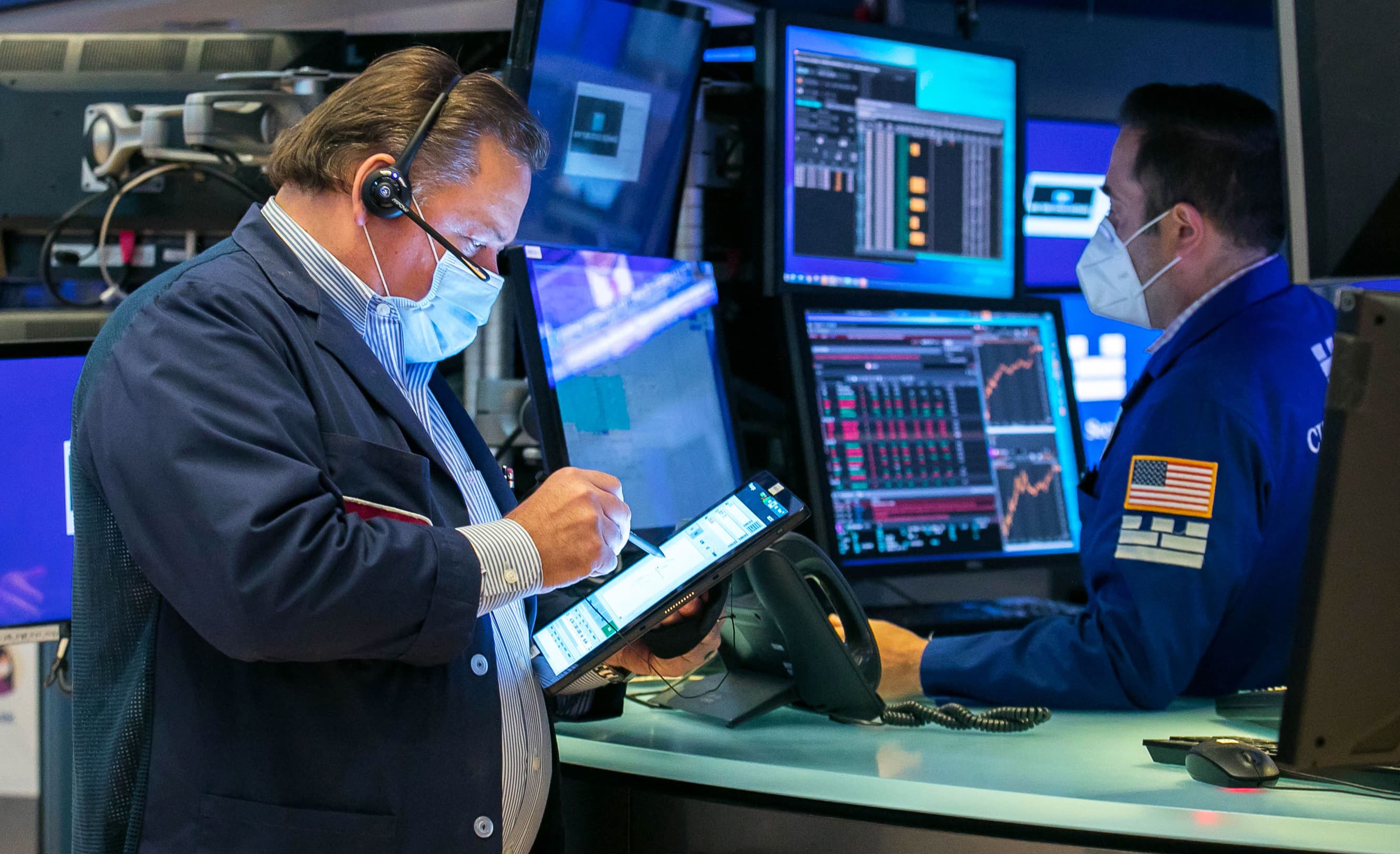
U.S. investors shouldn’t ignore the global economic comeback, two traders told CNBC.
Overseas markets likely have more upside than domestic stock pickers might think, Steve Chiavarone, a portfolio manager, equity strategist and vice president at Federated Hermes, said Tuesday on “Trading Nation.”
“We find more opportunity internationally than we have in some time,” Chiavarone said after the German DAX and Europe Stoxx 600, two key indexes for European markets, hit all-time highs on Tuesday.
“Europe has salvaged themselves. A month ago, it didn’t look like they were doing what they needed to do on the vaccination rate, but that’s really picked up.”
Now, with Europe on track to get 70% of its citizens vaccinated by late June, tourism slowly restarting and key manufacturing and services processes picking up, markets there stand to benefit, especially considering their slant toward more economically cyclical sectors, Chiavarone said.
Europe’s market is more heavily weighted to financials, industrials, materials and energy, whereas the U.S. market has larger overall weightings in information technology and consumer discretionary stocks.
Investors may also want to look to the U.K., Canada and Australia for commodity exposure, Chiavarone said.
“They’re exporters of commodities, and we think they’re very well positioned in a rising inflation environment,” he said.
Semiconductor stocks are also worth considering for those looking at foreign investments, Simpler Trading options director Danielle Shay said in the same interview.
“Taiwan Semiconductor in particular is a really strong company,” Shay said. “We have a really strong weekly chart on this. We’re pulled back to about 115, but I actually think it has upside up to about $150 a share.”
Taiwan Semiconductor shares are up less than 5% year to date.
“I’m picking up more shares right now in Taiwan Semiconductor,” Shay said. “Eventually, the chip shortage is going to blow over, and I think that it’s giving us a good opportunity to buy shares at a discount.”
Disclosure: Shay owns shares of Taiwan Semiconductor.



